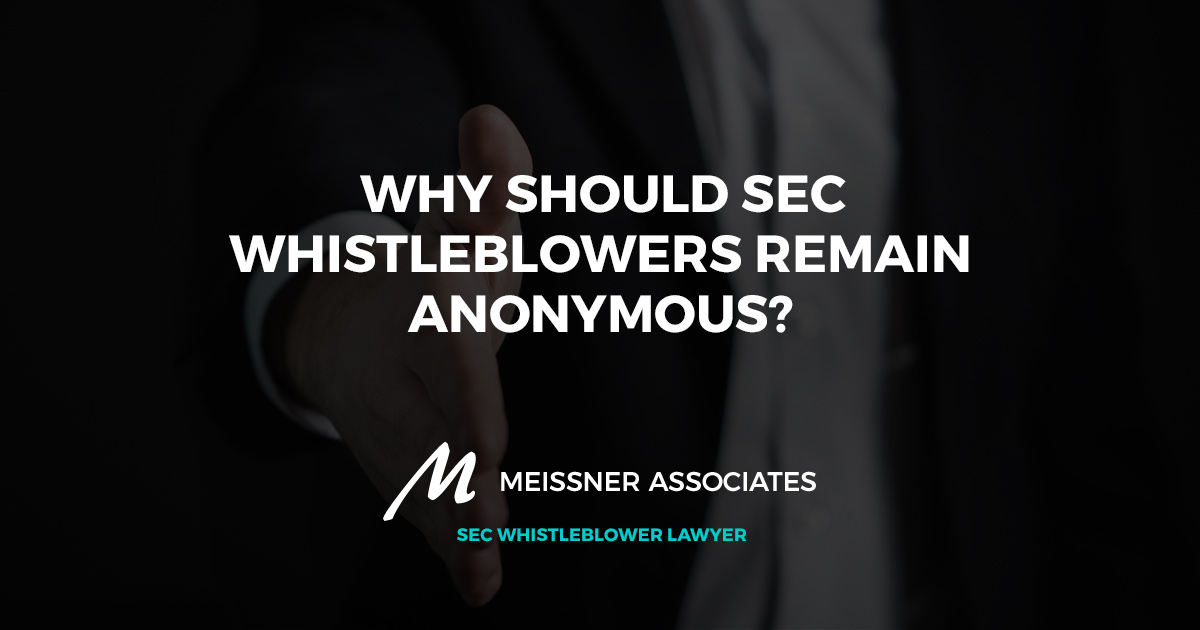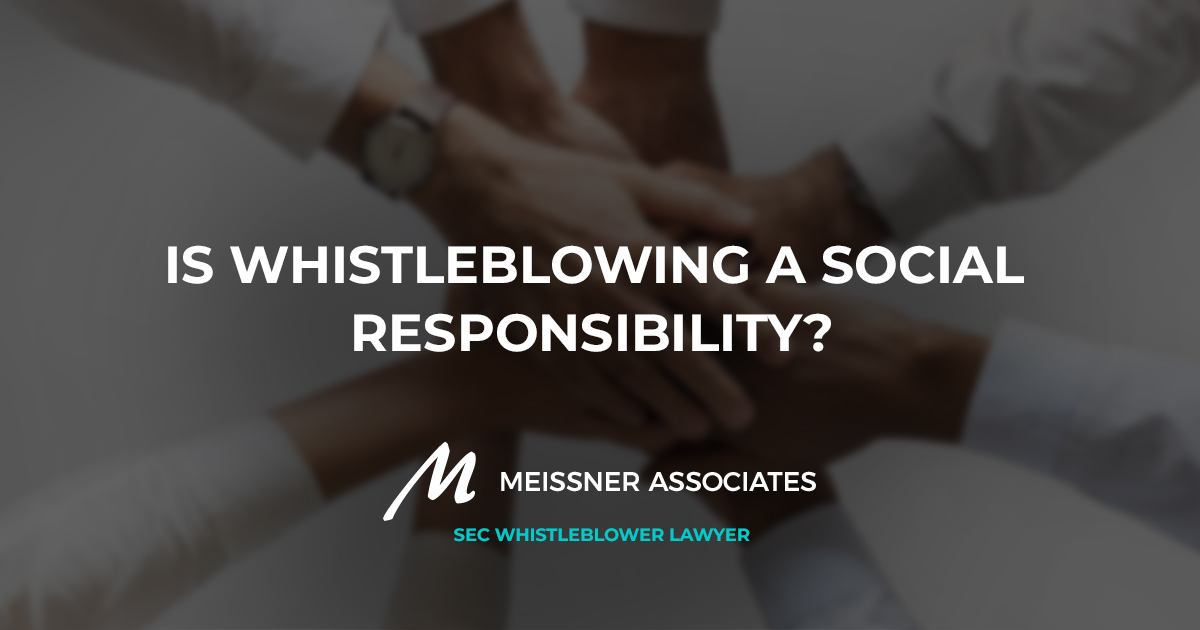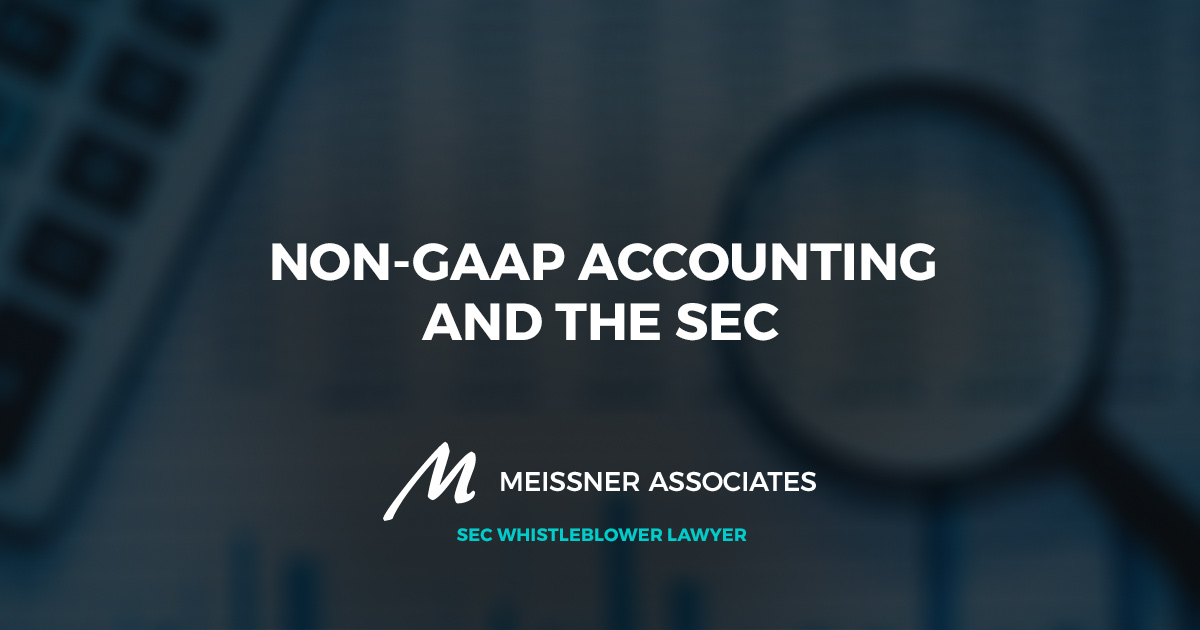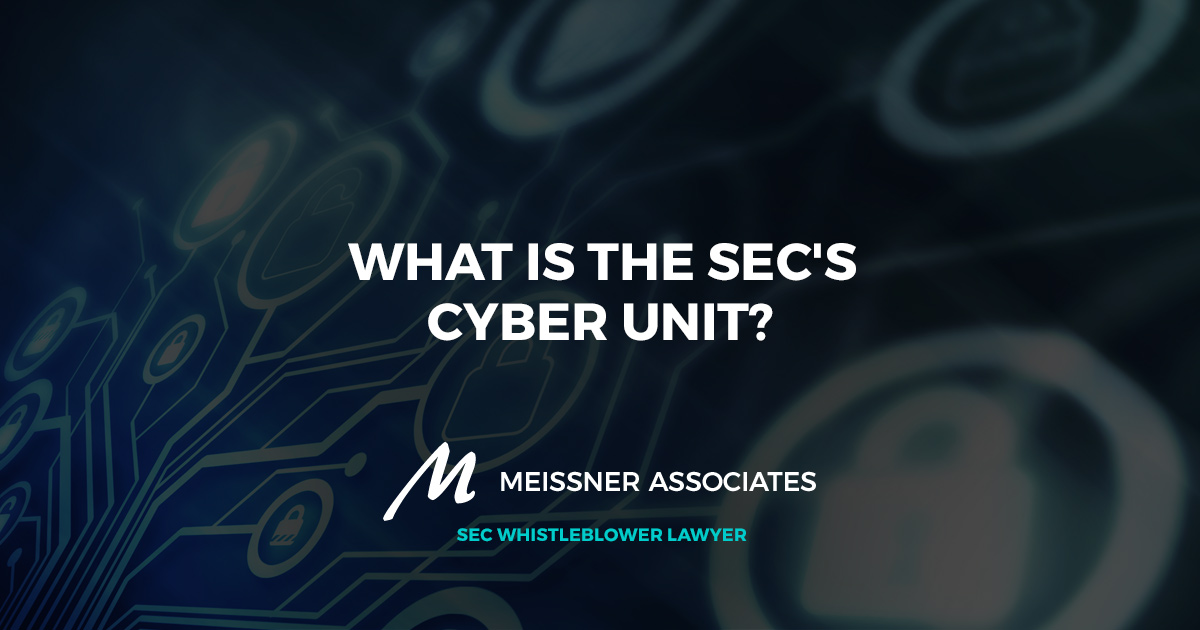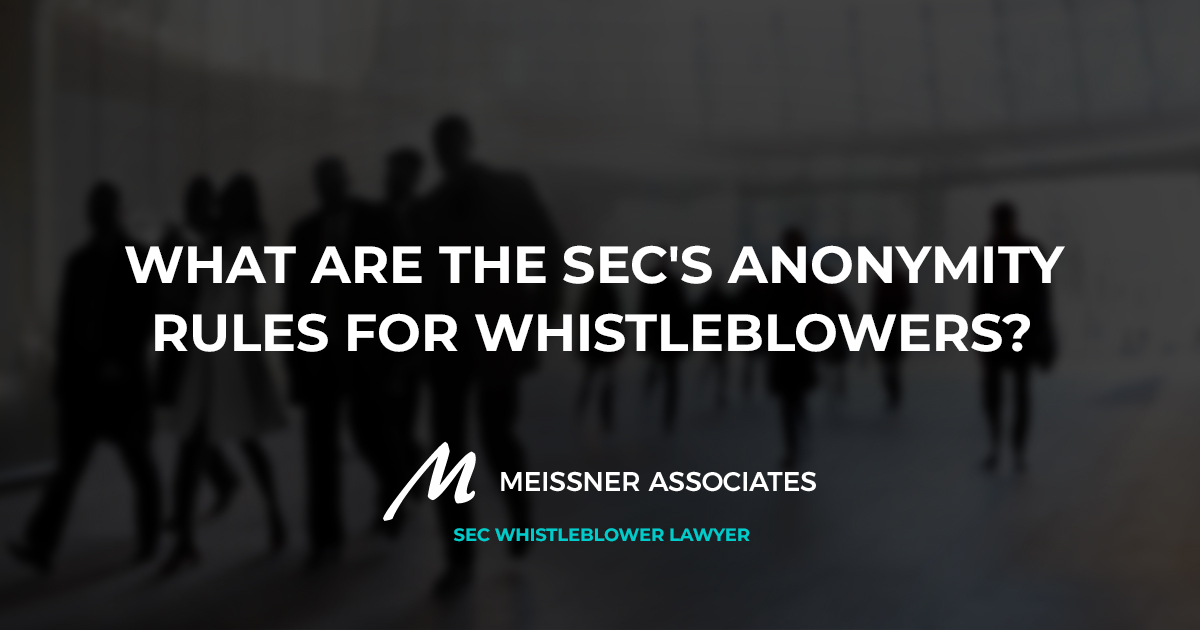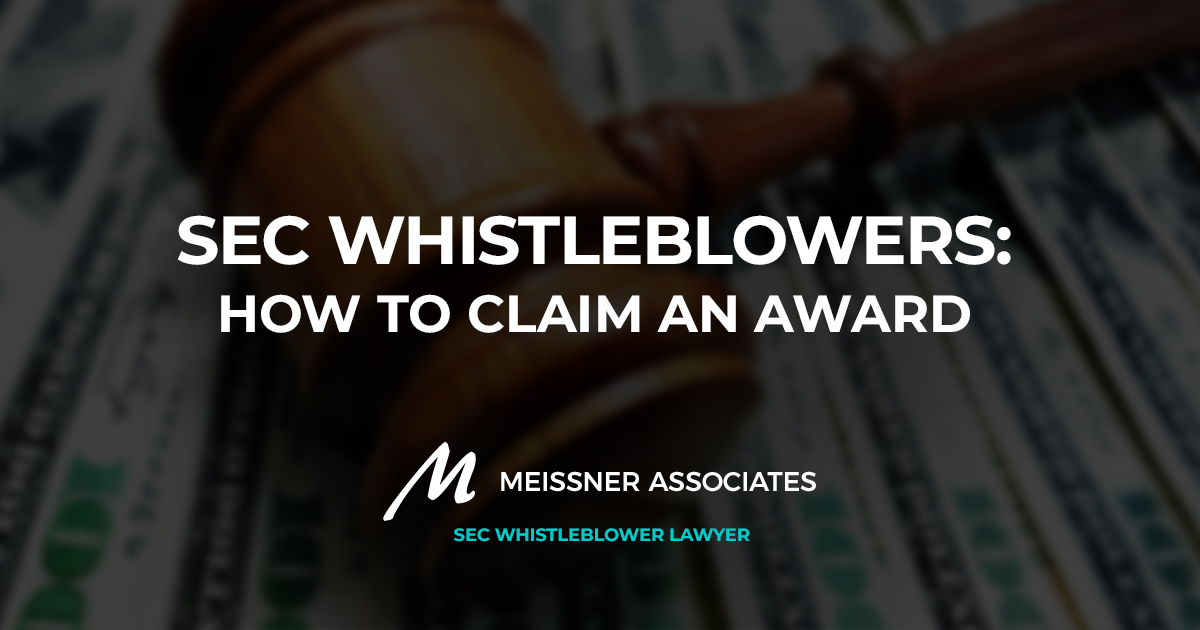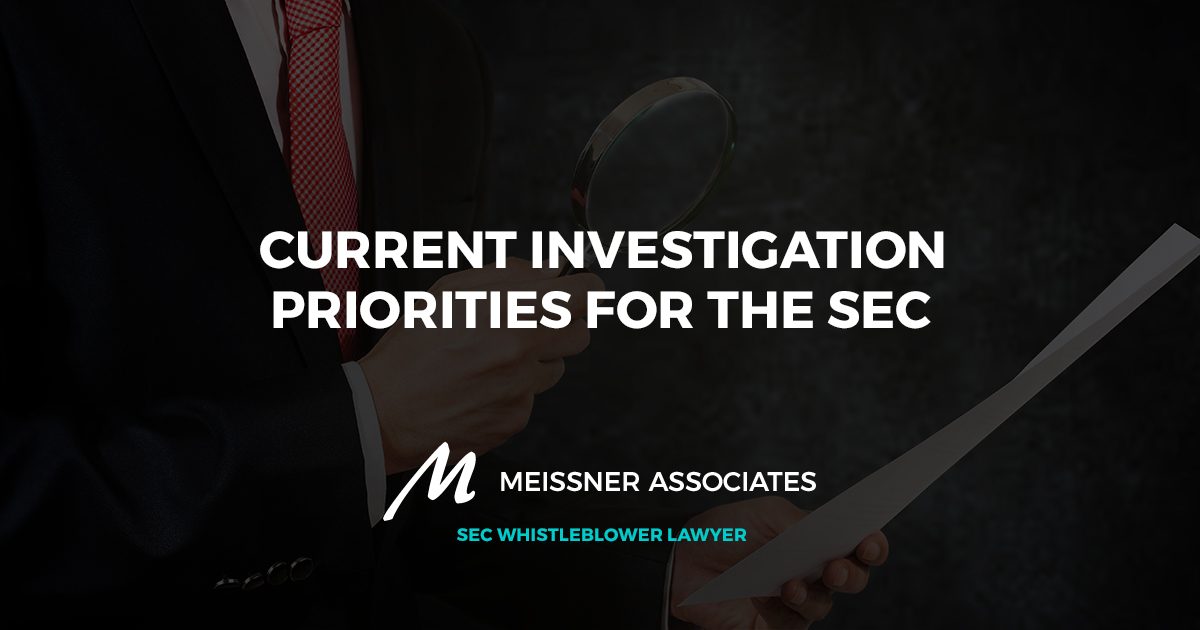If you are considering becoming a whistleblower, there are several things you should know to prepare yourself to report on securities violations. Blowing the whistle is the right thing to do, but that doesn’t mean it can’t come with serious risks.
One of the biggest risks whistleblowers take is retaliation by their employer, who suspects them of reporting information to the SEC. For this reason, the SEC allows would-be whistleblowers to remain anonymous when providing tips that could have devastating consequences to their lives.
Below, we discuss the types of retaliation that are frequently seen by whistleblowers across the country, plus how you can go about protecting your identity.
Whistleblowers and Retaliation
One of the reasons many would-be whistleblowers refrain from coming forward with the information they have is because they are afraid of retaliation. Most often this is because they are employed by the company accused of engaging in securities violations.
You might be wondering whether you have been the target of retaliation, or what constitutes retaliatory action. By law, retaliation is defined as any action taken that has negatively impacted your life after you’ve blown the whistle.
This might include slander, an increasingly hostile work environment, harassment, demotion, termination, intimidation or any other action taken against you when you try to put a stop to fraudulent activities.
For example, let’s say you attempted to bring your concerns to your company’s internal compliance program and were subsequently terminated. Anonymity could have prevented this retaliation. Furthermore, you might have the opportunity to hold your employer accountable their retaliatory acts.
How to Protect Your Identity
The SEC recognizes that the risk of retaliation is great, particularly in situations where employees of corporations have already made an attempt to report their findings to the company’s internal compliance program.
Because of this, the SEC has taken steps to protect these whistleblowers by allowing them to tip off the SEC anonymously when they are represented by an attorney.
The SEC won’t become aware of your identity unless or until it is time to issue you an award, at which point, of course, your identity becomes necessary to receive the award. It’s worth noting that the SEC won’t disclose your identity to anyone unless it becomes necessary, by law, to do so.
In addition, should your employer suspect that you’ve blown the whistle and retaliates against you for doing so, you can bring a claim against them, per the Whistleblower Protection Act.
You might also bring a wrongful termination claim against your employer, which will allow you to recover compensation for any losses you endured as a result of losing your job. Finally, the SEC will impose sanctions against a company who retaliates against a whistleblowing employee.
Schedule Your Confidential Tip Evaluation
When you’re ready to blow the whistle on securities fraud, but you want to make sure that your identity is protected, work with a qualified SEC whistleblower lawyer at Meissner Associates. We’ll work to protect your right to anonymity when tipping off the SEC.
We offer all prospective whistleblowers a confidential tip evaluation to determine what your next steps should be. Schedule yours today by calling 1-866-764-3100 or by submitting the secure contact form we’ve provided at the bottom of this page.
